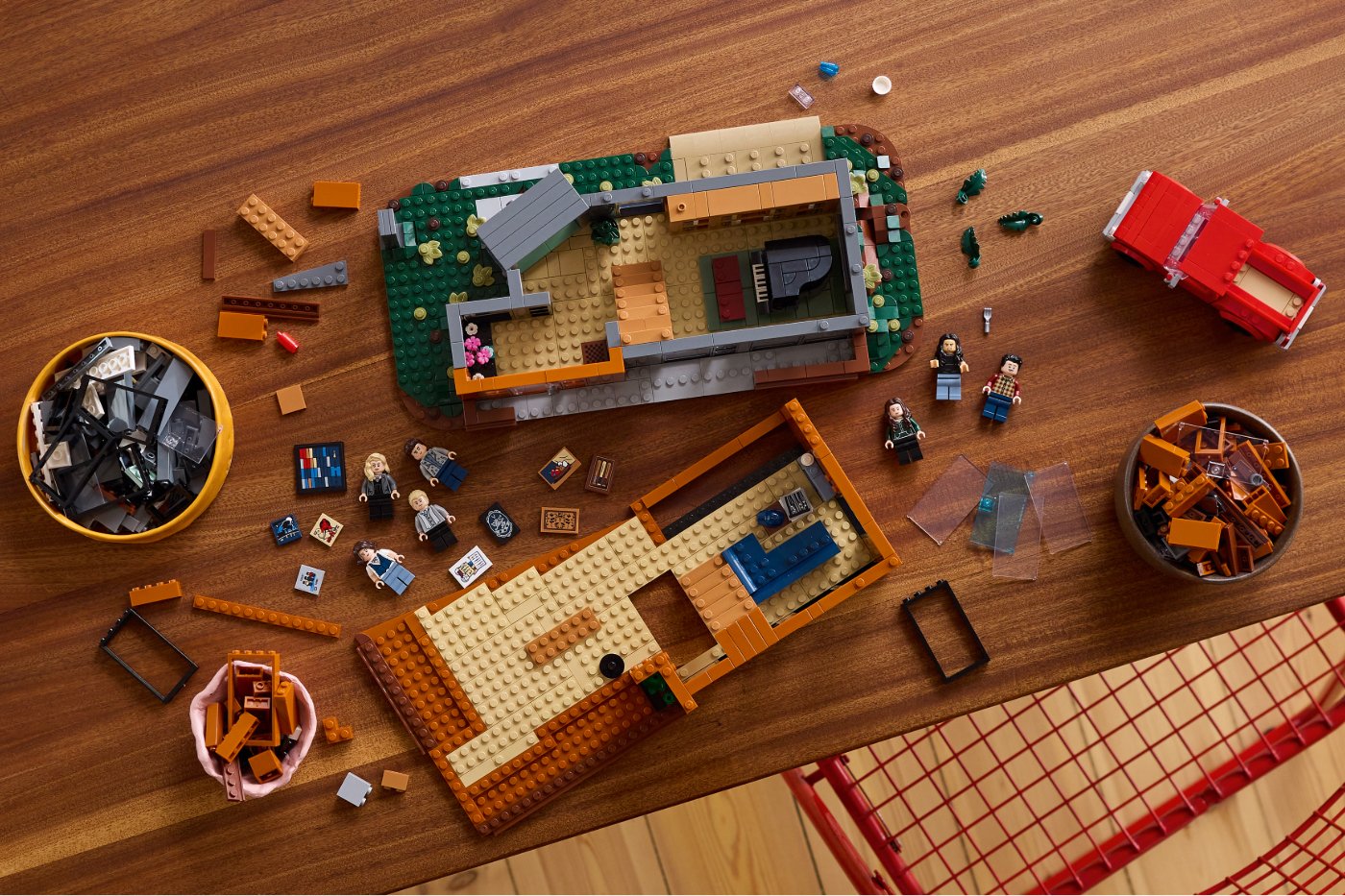Beyond the debate about whether “a glass of wine a day is good for your health” is true or not, something is happening with the sector. Production remains stable, but the bottles are staying in the cellars because there is no one to drink them.
We drink less wine. According to data from the International Organization of Wine and Vine (OIV for its French acronym), in 2023 global wine consumption was 221 million hectoliters. That represents a notable drop compared to 2017, when consumption reached 247 million hectoliters worldwide.

Evolution of global wine consumption. Source: OIV.
Notable drop. As indicated in Axios, this means that 3.5 billion fewer bottles of wine were sold worldwide. The fall, as can be seen in the OIV graph, has caused consumption to be below levels from almost 25 years ago.
But not so much in Spain. This global decline is not reflected in Spain, where consumption seems to have recovered according to the Spanish Wine Market Observatory (OeMv). In July 2024 there was an accumulated growth of 2.2% in consumption, a modest figure but one that certainly slightly offsets the global trend. Spanish consumption remains more or less stable: in 2020 it was 10.3 million hectoliters, and in 2024 it is expected to be 9.76 million hectoliters.
The new generations are not so interested. Mike Veseth, analyst and head of The Wine Economist, explained how, at least in the US, the generation that has traditionally consumed the most wine has been the Baby Boomers, born between 1946 and 1964. Now that generation is buying less wine, “and it is not being replaced by younger generations.
Alcohol is no longer cool. Already in 2019 we were talking about the “Sober Curious” movement that was turning teetotalism into a trend. Being sober has become fashionable, and in the United Kingdom campaigns such as “Dry January” were started to not drink alcohol for an entire month. These initiatives ended up moving to several European countries, and in others such as Canada or the Czech Republic they were replaced by “Dry February”.
And the wine is expensive. Another possible factor for the drop in consumption is the fact that inflation hit the wine sector hard. The Price has risen, and according to Veseth that has meant that people may have replaced it with cheaper drinks, alcoholic or not.
Extreme measures. According to some experts, Spanish wine is at a dead end and experts are beginning to propose the unthinkable: uprooting thousands of hectares of vineyards, something that has already happened with other crops such as orange trees, almond trees or olive trees.
Image | Denis Sousa
In WorldOfSoftware | At Christmas, drink with God: we owe all the alcohol we enjoy to monks and saints











